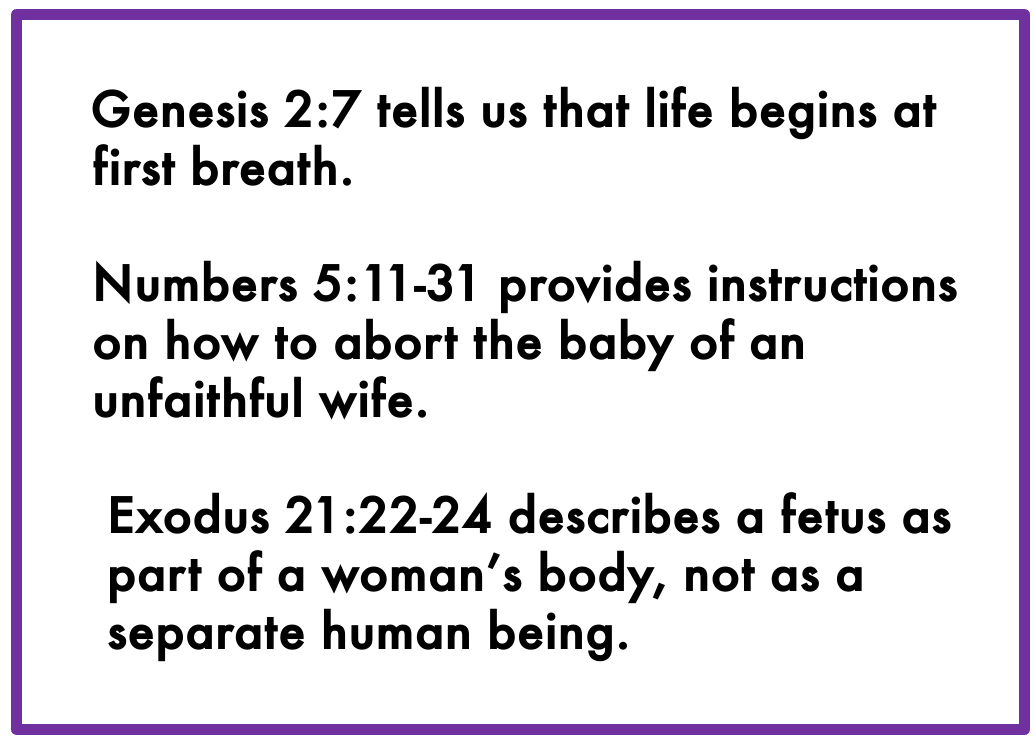For many people, Halloween is a time to be frightened. Groups of people gather around someone’s large-screen TV and watch “Friday the 13,” or “Alien,” or “Heretic,” or “The Blair Witch Project,” or the classic “Night of the Living Dead.”
Who is this Satan guy, anyway?
Devils are high on the list of images we plague ourselves with: tall, ugly red humanoid figures, all red, often nude, decorated with pointy ears and horns and a long tail finished with an arrowhead shape, carrying a long, red pitchfork. This is the image the word “Satan” conures up for many. But what or who is Satan, in terms of the Judeo-Christian religious traditions? And how does that icon affect the treatment of women?
The word Satan appears many times throughout English translations of the Old Testament. In reality, however, the original Hebrew word, pronounced similarly, meant “adversary,” or perhaps “accuser.” That’s all. Nothing demonic comes to mind with those words. Different individuals throughout the OT books are referred to in this way; there is not just one evil entity.
It was only after the Christian church was well-established that “Satan” began to refer to something evil.
As for women....
In the second century CE, both Christianity and Judaism began to associate the snake in Eden as the devil. This particular devil, it seems, seduced Eve (ostensibly because of its shape, which could be seen as phallus-like), and then she seduced Adam. Thus, Eve is blamed for the downfall of mankind.
I don’t buy that interpretation. Here’s how I think it went.
In Eden, God had a conversation with Adam that might have gone something like this.
Yahweh: Adam, my son, all this is yours. You will experience no want, no hunger, no pain. And see, I have planted here in the garden’s center the tree of life. Eternal life, Adam! Think of it!
Adam, regarding the tree: Okay, yeah, it’s a nice tree. [Thinks to himself: What the heck is eternal life, anyway? He has no knowledge of death, so he has no understanding of life, eternal or otherwise.]
Yahweh, tapping his foot in annoyance: You’re not impressed with this tree? All right, then, how about that one over there?
Adam: The one with the red fruit?
Yahweh: Yes. That one. Do not eat that fruit.
Adam: Why not?
Yahweh: You’ll die.
Adam, shrugging: I hear what you say. [What is this thing “die” that you speak of?]
[Later....]
Woman [she has no name until she’s kicked out of Eden] stands before the tree.
Snake: Try it. You’ll like it.
Woman: If I touch that, I’ll die. [Thinks to herself:Whatever that means.]
Snake: Well... your innocence will die, that’s true. But you won’t.
Woman: [What in Eden is innocence?] Well, okay.
Woman tastes the fruit. Her mind is blown. At first it’s like a great LSD trip; she sees colors and shapes she never saw before. She turned to Adam, who is right at her elbow and did not try to stop her from taking the fruit.
Woman: You have got to try this!
Adam tastes the fruit. His mind, like hers, is blown.
Soon they realize that the reason they can see things they couldn’t see before is that they had never before seen their opposites. Shapes now have dark shadows. Smells aren’t all good ones. Some sounds are very unpleasant. And suddenly they understand the concepts of good and evil. They now know duality. Their innocence is dead. And they know they have disobeyed God, when until now that would had no meaning.
I could go on about what happens next, but here’s my point: Woman, who is no more aware than Adam of duality, of good or evil, of obedience or disobedience, has been saddled (completely inappropriately, and no doubt due to men who saw women as inferior but feared them for their power to bring forth life) for millennia with the downfall of mankind. This is quite a feat for someone who doesn’t even have a name.
It’s ironic, I think, that Woman was powerful enough to bring down an entire species and yet can’t protect herself from society’s mistreatment of her. Once religion blamed her, that was the end. She no longer had the same rights as men. Seen as weaker and mentally scattered, she was deemed inferior by physically powerful men who, without babies on their hips and shopping to do and dinner to prepare and housecleaning waiting for her, had the mental focus and the time to be creative as musicians, writers, sculptors, painters, scholars, inventors, and (perhaps most importantly here) as religious clerics and authorities.
There is a Jewish sect in which women do everything, from caring for children to cooking to cleaning to earning money for the family, while the men and teenaged boys go off daily to study Torah.
In western society, moving forward in time, women were denied the right to own property. Women were not allowed to divorce their husbands. Women were not allowed to vote. Women were not allowed to have bank accounts or credit cards without a man’s counter-signature, and with this limitation we’ve made it to 1974.
Not clear on the concept
A young man from Saudi Arabia reacted badly to my favorable review of Irshad Manji’s book, The Trouble with Islam Today, which highlights (among other things) what she sees as the demeaning treatment of women. This young fellow commented, “Manji is full if it. My father treated my sisters like princesses. He even sent them out of the country so they could learn to drive.” It was an effort, but I resisted the temptation to say that he had proved my point.
How far past 1974 have women come? That depends on who you talk to. Progressive people say nowhere near far enough. Right-wing conservatives say things like this:
“Delete the terms abortion, reproductive health, reproductive rights, and any other term used to deprive Americans of their First Amendment rights out of every federal rule, agency regulation, contract, grant, regulation, and piece of legislation that exists.”
And things like this: “The Dobbs decision is just the beginning.”
And things like this: “Ensure that every state reports exactly how many abortions take place within its borders, at what gestational age of the child, for what reason, the mother’s state of residence, and by what method.”
These are direct quotes from the current Republican political platform, which calls upon religious beliefs frequently. Supporters seem not to know, or care, that their own Bible disagrees with them. While the Bible can hardly be said to make a case for women having equal rights with men, it has a few supportive things to say when it comes to reproduction.
If a woman who is raped decides to keep the child, and the rapist is known, he can claim parental rights. The mother and the child will have to deal, for the rest of their lives, with direct or indirect interaction with that rapist. Who is Satan in this story?
I leave with you these words from singer/songwriter and sometime-satirist, Cheryl Wheeler. Here she refers to reproductive rights. But I think it also calls to the demeaning of women generally.
You can subscribe for free to Robin Reardon Writes, though I hope you’ll consider becoming a paid subscriber. It’s not expensive, really! You’ll have access to everything I write on Substack. You’ll also have my undying gratitude.
One more thing: If you share this post, you’ll get credit for generosity, and I might get more subscribers.
I’m an inveterate observer of human nature, writing novels about all kinds of people, some of whom happen to be gay or transgender or bisexual or intersex—people whose destinies are not determined solely by their sexual orientation or gender identity. Check out my work on my website.










